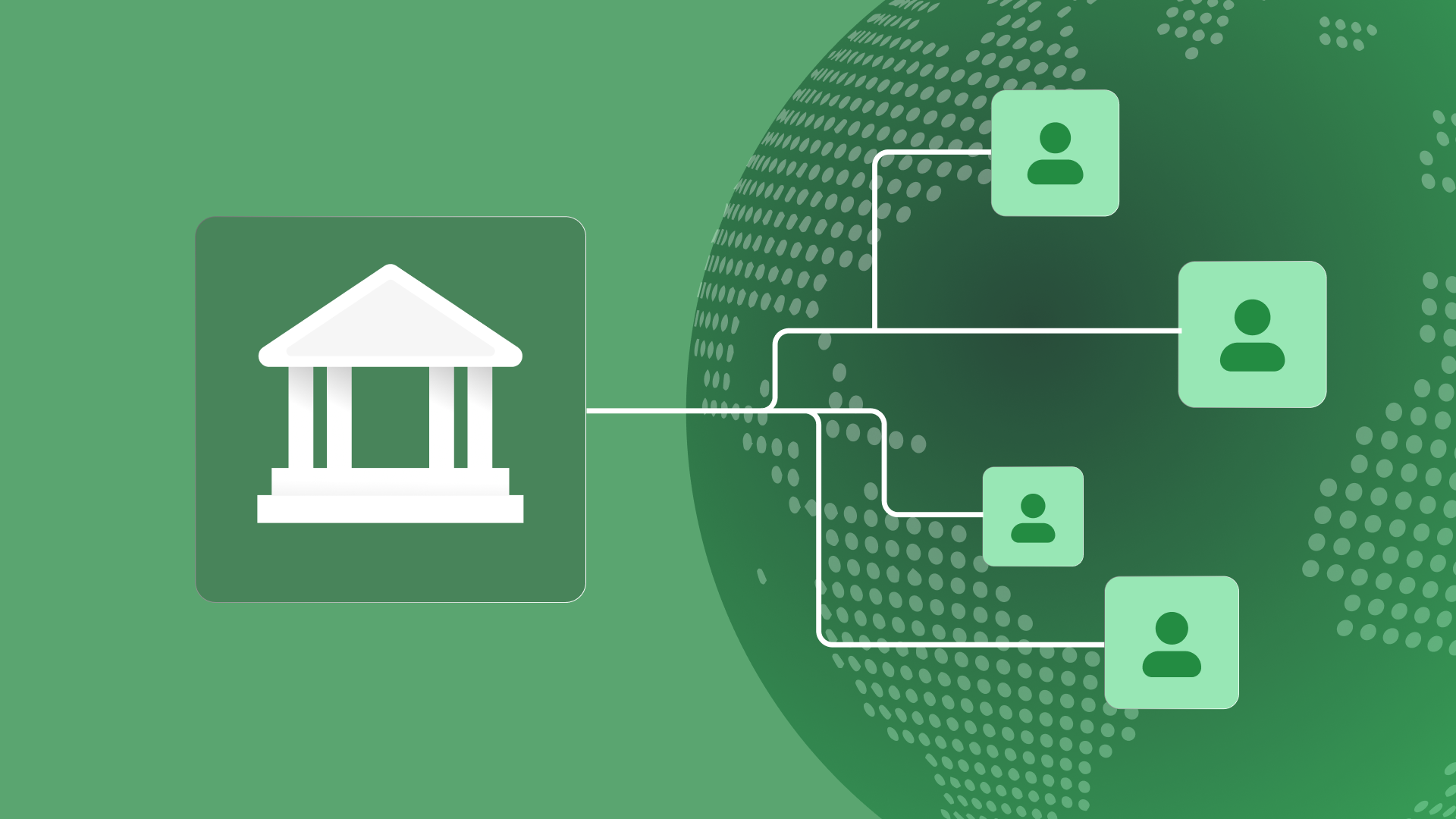Revealing Why Global Payout Compliance And Security Are Non-Negotiable For Modern Enterprises
A missed compliance check. A single payout misrouted across borders. A data breach in an obscure partner system. Each of these can become a multimillion-dollar problem, and modern enterprises know that. It is an era where real-time, cross-border payments are a norm. That means compliance and security are not just checkboxes, but a critical infrastructure in global payouts. Whether you’re a global marketplace, disbursing vendor payouts, a SaaS platform or a fintech managing user withdrawals, ignoring compliances in business is like building a skyscraper on sand. However, understanding the regulations globally can be stressful with constant changes in legal guidelines, innovations and cross-border activities. This means the payments industry is continuously evolving, which is causing challenges for enterprises. This blog highlights why a global payout is a necessity for a thriving business.
What is Global Payouts?
The process of transferring money from one entity to another is what payouts mean. It enables businesses to allocate funds to vendors, customers, employees and partners. That is the basis of financial operation, including everything from salary payments, loan disbursals and refunds to marketplace settlements. In the modern economy, global payouts are not simply about money movement but ensuring transactions are prompt, secure and compliant with specific regulations of every region.
What is Payment Compliance and Security?
A payment compliance in global payout means that every payment process and monetary operation abides by both local and international laws and regulations. From anti-fraud measures, data security protocols, to legal obligations, it covers various requirements. These apply to every company that involves processing payments, for example, banks, merchants, and PSPs (Payment Service Provider).
Even Payment Initiation Service Providers (PISPs) allow enterprises to make payments directly from the accounts of the customer for greater efficiency and a streamlined payment process. Global payout compliance employs different regulatory bodies to uphold consumer protection and financial laws, including merchants who comply with daily transactions or service providers implementing regulatory technologies. With strong compliance programs and practices, these entities are able to provide more secure, reliable and trustworthy global payouts.
Why Global Payout Compliance and Security is Important
Let’s see what is really at stake when compliance and security are treated as afterthoughts. Here’s how a regulated global payout makes an impact:
1. Entry into Global Market:
Complexity in regulations increases with geography. Every new country, region or payment corridor brings a unique mix of compliance requirements, including KYC norms, tax rules, local licensing, transaction caps and even currency restrictions. Therefore, you know that being non-compliant would not just be risky but also expensive; for example, violating AML can give you hundreds to millions of dollars in fines.
In 2023, the regulators worldwide issued over $6 billion in fines for AML and sanction breaches. Even businesses like PayPal and Binance, which are already well-funded, couldn’t escape multi-jurisdiction scrutiny. Global payout complaints ensure that money moves freely anywhere around the world without inviting lawsuits, penalties and reputational backlash.
2. Secure Money Builds Trust:
With every global payout, a range of sensitive data gets transmitted, such as name, bank details, address, tax IDs, etc. Even if one node in this data journey is weak, its consequence ripples across the enterprise. That’s when just saying “we’re PCI-DSS” compliant won’t be enough. An enterprise must ask:
- Who touches the global payout data?
- How is it encrypted in transit and at rest?
- How to safeguard both against internal misuse and external attacks?
An attacker may not always be looking to steal money, but also to damage trust. In global payouts, be it your partner, vendor or worker, they would expect reliability and a secure financial process. A compliant global payout with robust security diminishes these risks and helps achieve trust and business loyalty.
3. Scalability
Your payouts work fine with 1,000 monthly vendors, but what about 100,000? Or maybe a 5 million micro-payout daily? As platforms scale, manual oversight breaks down. Legacy systems, brittle file-based transfers, or partially automated approval flows can’t keep up. That’s when you start watching out for:
- Missed reporting deadlines
- Delayed settlements
- Tax form mismatches
- Escalations from high-value partners
A truly scalable global payout system is compliant by default, auditable in real-time, and API-first at its core. It integrates effortlessly with global banks, local compliance partners, and reconciliation tools. It doesn’t require a legal team to vet every transaction or an ops team to chase every failed payment. Without this level of compliance-ready scale, growth is reduced. Enterprises can’t onboard new geographies fast enough. Financial reporting becomes chaotic. Regulators lose patience.
Conclusion
If compliance and safety once belonged in the back office, they now sit at the heart of every expansion strategy of modern enterprise. Global finance may be evolving fast, but the cost of cutting-edge technology is evolving even faster. Today, enterprises with a growth mindset are not treating global payout compliance simply as legal paperwork and security as an IT headache, they are a global payout system that is scalable from day one!

